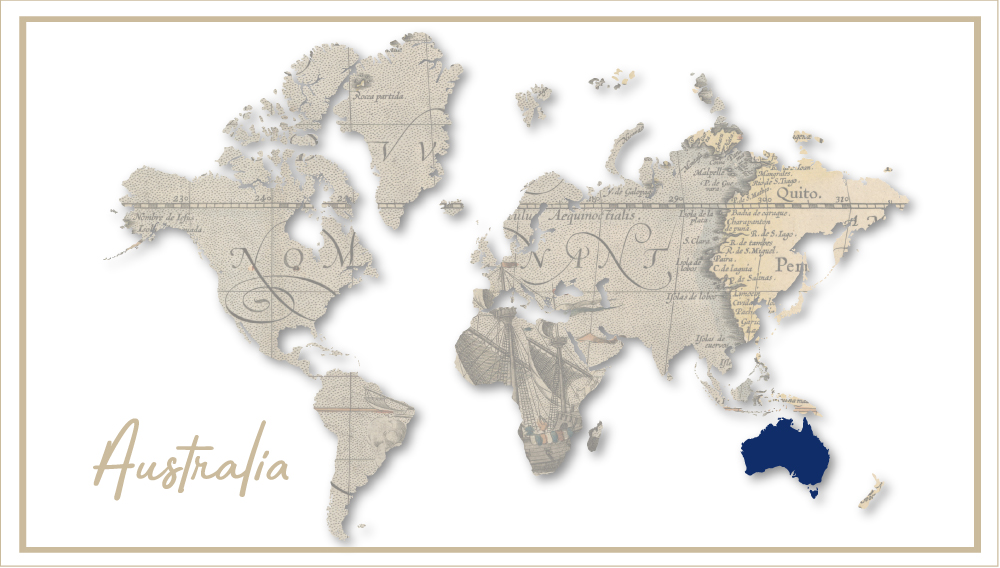Investors fret over Asahi’s rising mountain of debt
Australia | Asahi had moved swiftly to buy Carlton & United Breweries (CUB) from AB-InBev for USD 11 billion or 15 times EBITDA, after the world’s number one brewer looked to raise cash in the wake of its junked IPO of its Asian business.
Guess what, observers came out in force and complained that Asahi had overpaid for CUB. Ritsuko Tsunoda, an analyst at JPMorgan, was quoted as saying that “the deal would have been more attractive had the acquisition price been about USD 1.9 billion lower.”
What planet are these people from? Japanese brewers are renowned for paying over the top to clinch a deal, if they can thus prevent an auction or stop a competitive bid.
Still, Asahi lost more than USD 2 billion of its market value on 22 July 2019 following the announcement. And that was before the company warned investors that it will issue up to USD 1.9 billion in new equity to finance the latest acquisition, which will result in an 8.7 percent dilution.
Already the firm is reportedly saddled with interest-bearing debt of USD 10 billion, after spending more than USD 11 billion to purchase Pilsner Urquell, Peroni and other brands from AB-InBev. Asahi has said the deal will increase its net debt to above 4 times profits (EBITDA).
On top of those debt concerns, Asahi may not be able to squeeze out costs from CUB, which such a deal requires. A commentator on Nasdaq.com said that cost savings are tough at the best of times, but they are near impossible when the seller is AB-InBev, a master of cost cutting.
“True, there are likely to be some savings, say from joint procurement, funnelling Asahi brands like Peroni and Super Dry through CUB’s sales platform, or folding in Asahi’s Australian spirits operations,” Nasdaq.com argued. “Yet Asahi is not known for a hands-on approach to acquisitions. Buying CUB was a rare big deal for the Japanese giant, and in financial terms, it could turn out to be a reckless one.”
The good thing is that money is cheap in Japan. Japanese firms have probably the lowest cost of capital in the developed world, thanks to quantitative easing by the country’s central bank, says the Australian Financial Review newspaper. “But to create value,” Nasdaq.com pointed out, “Asahi ought really to generate a return on investment that matches CUB’s cost of capital, which is perhaps 9 percent. To do that it would have to extract post-tax operating profit of just under USD 1 billion – double what the target made last year.”
Asahi revealed CUB’s profit numbers for the past three years and these showed modest growth in EBITDA and turnover, which can be partly attributed to CUB’s expansion into craft beer through acquisitions.
Analysts may gripe over the pricey deal, but with practically no accountability to shareholders, Asahi will just shrug off their concerns. Australia is a nice place to holiday and I am sure there will be numerous Asahi executives putting their hands up for a posting to Down Under.
Authors
Ina Verstl
Source
BRAUWELT International 2019

